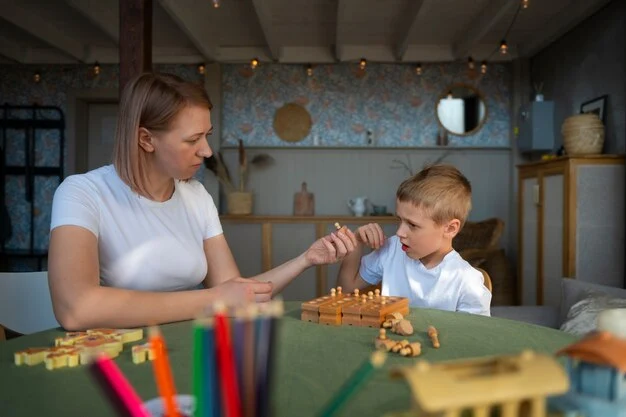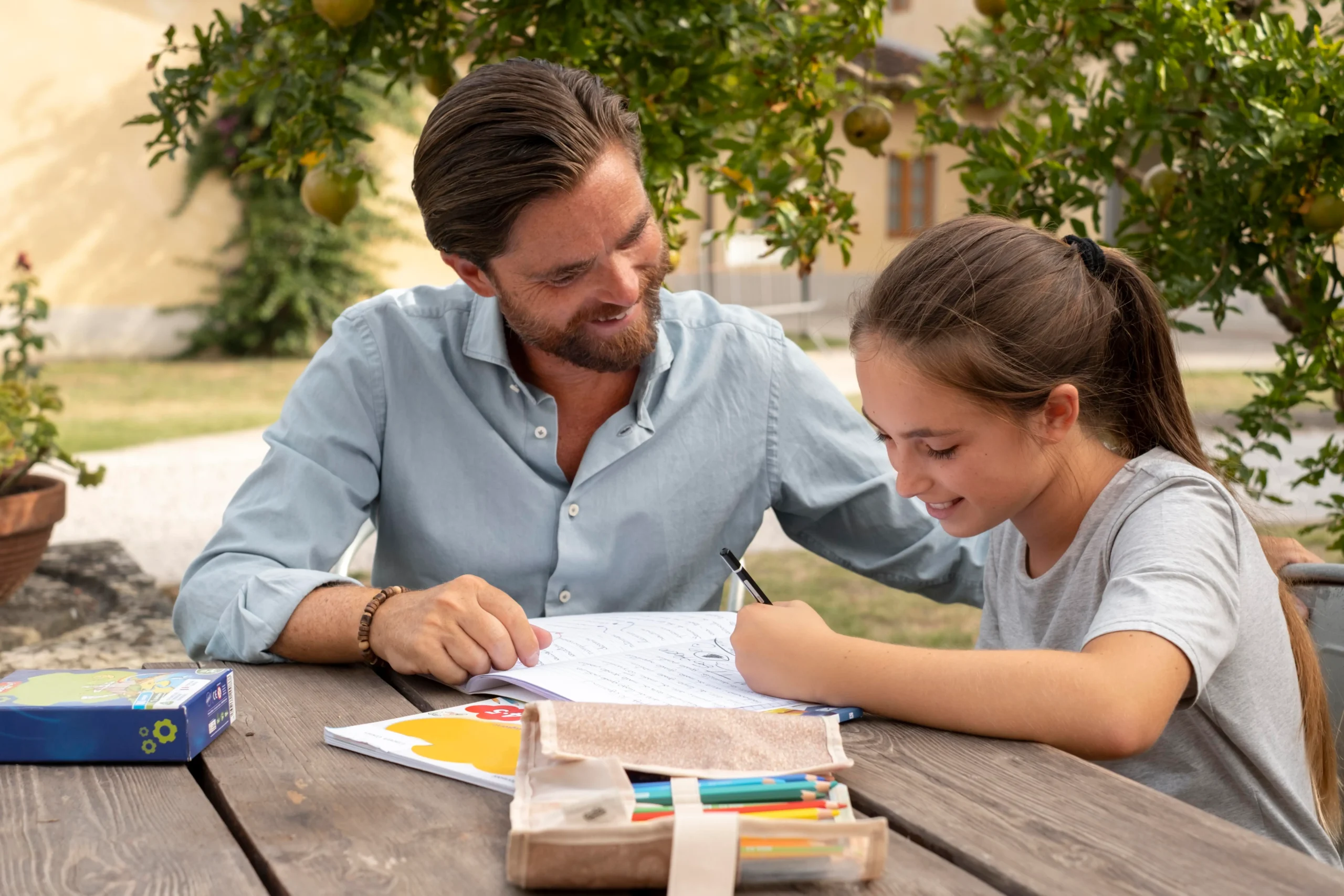When most people think of an IEP, the first things that come to mind are reading, writing, and math. Academic goals often dominate the conversation. But here’s something I’ve learned—both as an educator and as a parent: life skills matter just as much.
Because while academics prepare our children for tests, life skills prepare them for the world.
Our Story
When our son was in preschool, the IEP team spent a lot of time discussing his academic goals—identifying colors, learning numbers, and beginning sight words. All of those were important.
But as parents, my wife and I knew there were other things just as urgent. He still needed support with toileting. His FPIES diagnosis meant a medical plan had to be written into the IEP to keep him safe at school. These weren’t academic concerns—but they were critical to his independence and well-being.
And so we spoke up. Those needs were added to his IEP, right alongside the academic goals. That was the moment I truly saw how an IEP can—and should—address the whole child.
Why It Matters
Life skills are not “extras.” They are essential.
• A child who can ask for help when overwhelmed is building self-advocacy.
• A child who can use the bathroom independently is gaining dignity and confidence.
• A child who knows how to manage medical needs is building safety for life.
When life skills are written into the IEP, progress is measured not only by grades, but by independence.
Examples of Life Skill IEP Goals
Here are a few examples parents can bring to the table:
• Toileting independence with prompts and support
• Following a daily routine with visual cues
• Asking for help when confused or frustrated
• Managing medical needs (allergies, asthma, medications) safely
• Building social independence—taking turns, joining group activities, starting conversations
How Parents Can Advocate
If life skills are a priority for your child, here’s how to bring them into the IEP:
✅ Share your concerns openly. Don’t assume the team will think it’s “too small” or “not academic enough.”
✅ Bring examples from home. Share what your child can do, where they struggle, and what supports help.
✅ Ask for measurable goals. Instead of “work on toileting,” request a clear goal: “Student will use the bathroom independently 4 out of 5 times per day.”
✅ Connect to the bigger picture. Remind the team that independence prepares your child not just for school, but for life beyond it.
Encouragement for Parents
As parents, we are the bridge between home and school. We see the whole child—not just their report card. When we advocate for life skills in the IEP, we make sure our children are supported in every way that matters.
Remember: it’s not just about academics. It’s about dignity, safety, and independence.
Your Turn
What life skill have you advocated to include in your child’s IEP?
How did the team respond?
Share your experiences and strategies in the comments—I’d love to hear about them.
👉 In my next post, I’ll be sharing a Life Skills Checklist for Parents—a printable resource you can use at home and bring to IEP meetings to guide your conversations with the team








